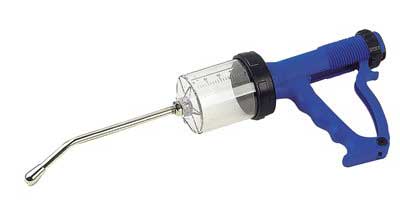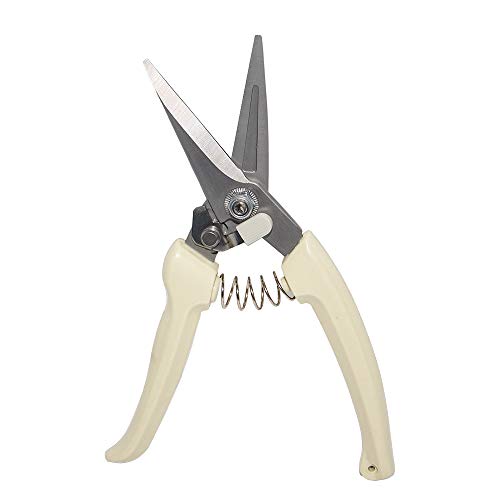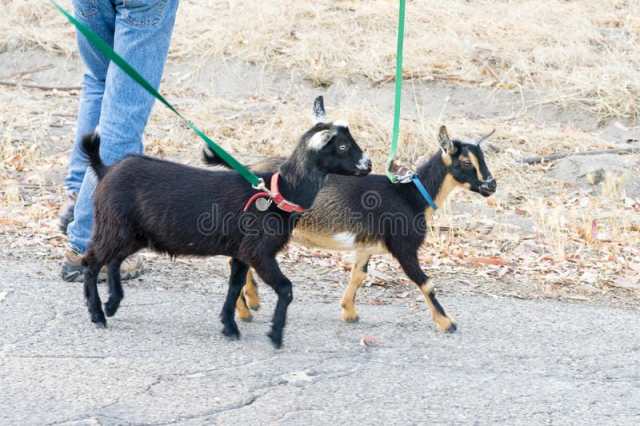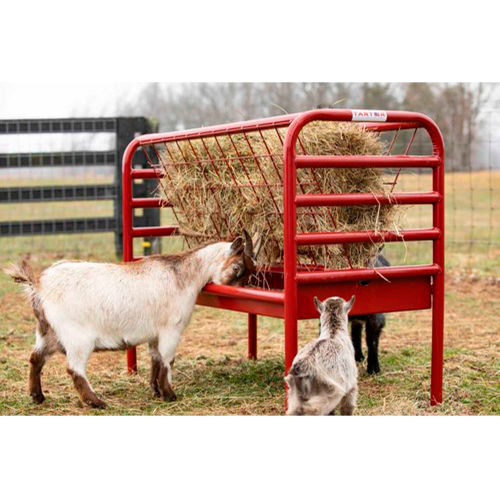Hello followers. Welcome to another day of our GOAT FARMING TRAINING
In today’s training, we will share some much-needed tools and Equipment that should Be available on your farm 24 x 7.
For the hassle-free goat farming business these tools and equipment are much needed.
It is essential to have a good tool, but it is also essential that the tool should be used in the right way.
What are Goat farming Equipment?
Goat farming Equipment are the tools that are required for the operation and daily needs of farms.
Without these tools and equipment, you cannot manage more than 25 goats, or in other words if you want to save your time, then you should definitely buy this equipment for your farm
As a new goat farmer, it may seem overwhelming trying to figure out what you need for proper care of your animals. It is always good to prepare for what you need ahead of time but more often than not, the list of items needed is never exhausted.
Having the right tools needed for taking care of goats means that you are well equipped for the processes needed for goat maintenance at various stages of development.
A vet will come in handy as the first resource that should be involved in goat rearing but some tools are necessary for saving time on the farm.
My dad (a guy who could build anything, from any kind of material—wood, concrete, metal …) taught us to treat tools as an important investment, so I will offer up his advice: “Take your time acquiring your tools (and equipment), but get the best quality you can afford and they will serve you for years.”
Don’t make the mistake of buying every little thing you see; unless you are fabulously wealthy, you can quickly break the bank on stuff that doesn’t get used and ultimately takes up valuable storage space, gets thrown away, or sold at a throw away price.
For a tool or implement that will only be used a few times, consider renting it—or bartering for its use with a neighbor.
Burdizzo castrator

If you are raising goats for meat then Burdizzo castrator is the much needed tool for you.
If you castrate the goat then their weight gain is more than normal weight gain per month.
For example, the uncastrated goat gains 3 to 4 kg per month but the castrated goat gains weight from 5 to 6 kg per month.
The castrated goat has more fat in their body weight compared to uncastrated goats. People love to eat castrated goats compared to buck because castrated goat meat is tastier, leaner, and less smelly.
Drencher

Drencher is another much-needed equipment in goat farming. Sometimes you have to feed the goats orally.
You also have to deworm and giving medicines orally, this is a problem-solving tool if you have more goats.
In this tool you have to fill the medicine or dewormer once, after that you can feed to goats continuously no need to fill the syringe from medicines again and again.
Waterers for goats

Goats drink 1.5 liters of water in a day, fresh & clean water provided to goats is necessary otherwise it can turn into a major disease.
Don’t let them drink the storage water, always provide them fresh and clean water for their better health.
Most of the disease spread from the infected water. Water should always be outside, inside water can wet the floor and goats don’t like wet floors even they don’t sit on wet floors.
Goat Weighing machine

The weighing machine is also the needy tool of the farm that measures the flock’s productivity. The productivity can be measured by checking the weight of the goat.
If the goat gains weight then its productivity has increased or the goat is free from disease.
If the weight is decreasing then something is missing.
You can check it by measuring the weight of goats every month. A weighing machine is the common tool of the farm. It should be different from other weight machines.
The shape of this machine should be 3 x 5 for easy measurement.
CLIPPERS

Goats are prone to lice infestation when their body hair becomes very long. When it is cold, the hair may be left to stay on for warmth but have plans of getting rid of it when the season is over.
It is recommended to clip goat’s hair annually so the start of the hot season should be an appropriate time.
Short hairs allow the sun to warm the skin directly and this kills lice that may be harboring there. It is recommended to get different blades for the face and body.
HOOF TRIMMERS

This is a necessary tool for goat farmers because the hooves may need trimming from as early as one month old. Prepare a schedule for monthly trimming as the rate of regrowth is very high.
RECTAL THERMOMETER

Rise in temperature is the first indication that your goat is ill and needs medicate or veterinary checkup. Having a rectal thermometer gives you the ability to tell if your goat is sick before calling for help or putting it on medication.
Buckets and feed scoops

Buckets hold grain and water plus they’re great for storing smaller pieces of equipment in the feed room, and for mixing soapy water for goat baths.
You can buy round buckets in nearly any color of the rainbow, or flat-back buckets that fit flat against a wall or fence.
Collars and leashes

Collars and leashes help you to control your goats. For safety reasons don’t keep collars on your goats all the time, but have them handy to grab goats when you need them, in several places in the barn and tack room.
Dog collars work fine if you can find them with a metal buckle – Plastic buckles don’t last as long. But if you plan to leave collars on your goats all the time, you can buy plastic chain collars that will break easily if the goat gets caught on a fence or a branch.
Chain collars aren’t recommended for use when tying a goat.
MINERAL FEEDER

Goats need minerals that are available free-choice, so get a mineral feeder to hold them. This is also what you can use to feed grains to your milking does on the milk stand.
This particular feeder hangs over a fence; others attach to the wall with screws. If possible, position your mineral feeder under a roof to keep the minerals dry.
Some mineral feeders are divided into two cavities, one for mineral, the other for baking soda.
Hay feeder

Goats love to strew hay around, sleep in it, poop on it… in other words, they like to waste hay. And once their hay hits the ground, they are not going to touch it.
Plus your goats are less likely to suffer from internal parasites if they don’t eat their hay on the ground.
The steel hay rack above can hold two flakes of hay up off the ground. It is a great investment!
MILKING TOOLS

You will definitely need milking tools for your farm. Tools such as milking buckets, milking machine (If you have many dairy goats) e.t.c.
Portable milking machines are widely used in small, medium and large farms.
Also you will need machines and equipment for milk value addition if you are planning to make yogurt, cream, milk ice cream, cheese e.t.c
Hand tools

Every farm needs a variety of hand tools. Jua kali men make hand tools that will last for generations.
First on my list of items to purchase: A 25-foot and a 100-foot tape measure; a good claw hammer with a comfortable grip; electrician’s pliers; a socket and driver set; adjustable wrenches in several sizes; a screwdriver set with both regular and Phillips head drivers.
Garden tools

Every small farm needs a flat spade, pointed spade and a jembe for digging.
A good digging fork is a multipurpose tool, used for breaking up and turning soil in the garden, harvesting, and for manure cleanup around the barn.
For big farms, tractors can be used.
Fencing tools
Farms and fences go hand-in-hand. Plan on purchasing a fence-post driver. A driver is a heavy iron tube that goes over the top of a T-post, and that has handles on the side. You use it to pound the post into the ground.
A pair of fence pliers is a great, and fairly inexpensive, specialty tool to have.
Also barbed wire or chain link wire can be used for Fencing.
Miscellaneous
You need gumboots, overalls and hand gloves.
Heavy-duty flashlights are a must when the lights go out during a heavy storm or at night, or when you need to tend to a livestock emergency in the pasture at 2 am.
Garden hoses are a must, but when buying, purchase the longest and strongest available.
The last miscellaneous tool on the list is a digging bar. Used for digging large rocks out of the garden, construction sites, or fence holes; and for prying apart incorrigible packages!
END OF DAY 5 GOAT FARMING BUSINESS TEACHING SESSION

We now come to the end of today`s teaching session.
Our blog is now open for questions and discussions on what we have learnt today.
Also below is a PDF file containing notes on what has been taught today.
Save it for future reference.





![GOAT FARMING TRAINING [DAY 4]: How To Select A Suitable Location For Your Goat Farm](https://i0.wp.com/dailycast.co.ke/wp-content/uploads/2024/10/goat-farm.jpeg?resize=238%2C178&ssl=1)
![GOAT FARMING TRAINING [DAY 3]: Capital Requirement Calculation](https://i0.wp.com/dailycast.co.ke/wp-content/uploads/2024/10/WhatsApp-Image-2024-10-04-at-09.28.37.jpeg?resize=238%2C178&ssl=1)


